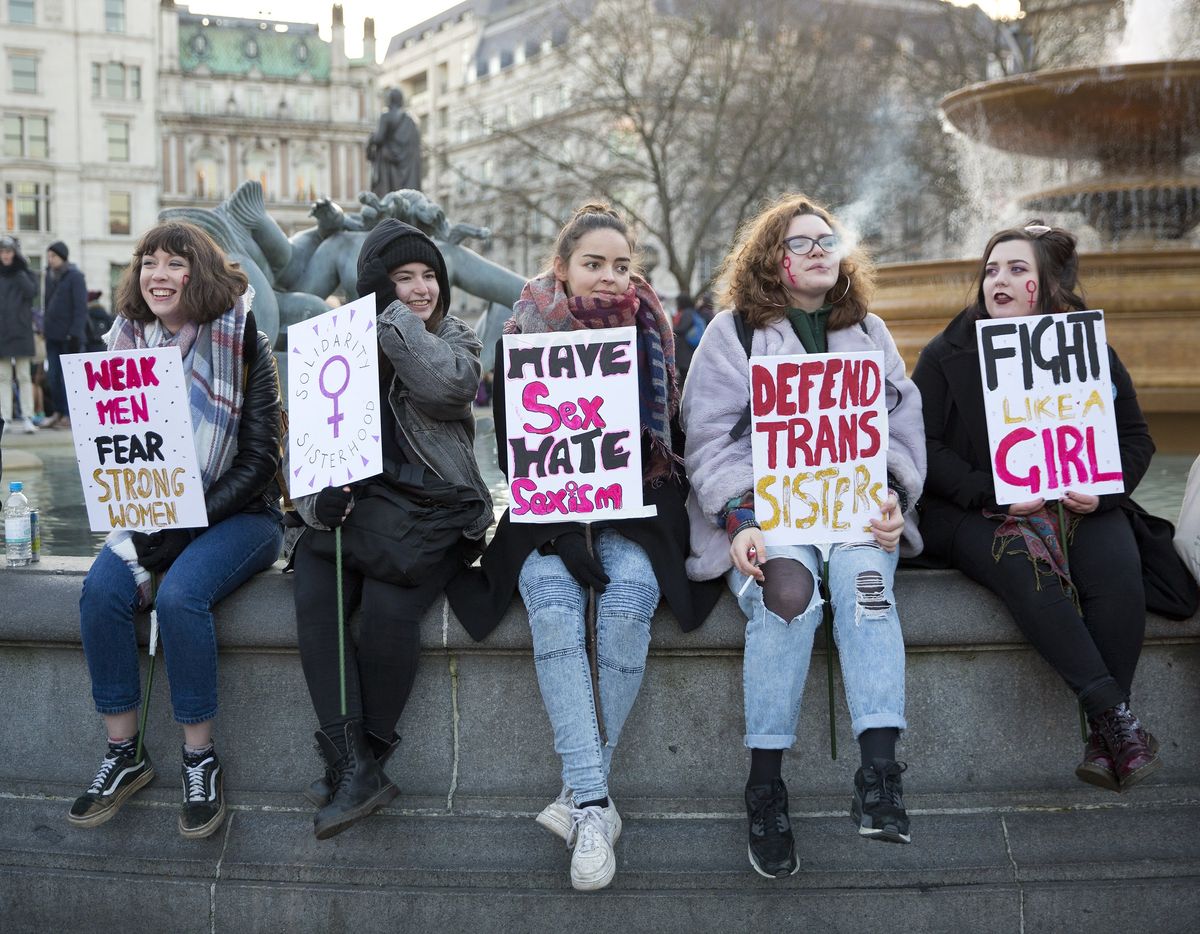Just in time for International Women’s Day, the Republic of Ireland will vote today on whether to change a clause in its constitution that says "the State shall ... endeavor to ensure that mothers shall not be obliged by economic necessity to engage in labor to the neglect of their duties in the home."
In addition to cutting the antiquated language, the country is considering replacing it with a clause about supporting caregivers of any gender and expanding the definition of family to include unmarried couples and single parents.
Supporters say the proposition is the next step for the traditionally Catholic country after it became the first in the world to vote for same-sex marriage in 2015 and overturned its constitutional ban on abortion in 2018.
Critics argue that a constitutional amendment is no substitute for structural changes needed to value unpaid care work, tackle gender inequality in the labor market, and drive deep societal shifts that lead to more male participation in caregiving and housework.
The referendum is expected to pass, but this is not the first time the holiday has coincided with a groundbreaking moment in a country’s history.
International Women’s Day originated in New York City in 1909, when the socialist and suffragist women’s movements met for a joint demonstration. The struggle of working-class women to form trade unions and the upper-class fight for women’s franchises had rarely intersected before. The movement spread to Europe, where it continued to be celebrated through World War I, even as other social movements fizzled.
The movement sparked the Russian Revolution. On March 8, 1917, Russian feminist Alexandra Kollontai brought the holiday to Czarist Russia by calling for a massive demonstration over peace and bread shortages. The protests spread from factory to factory until they sparked the Russian Revolution and led to the abdication of Czar Nicholas II.
Vladimir Lenin declared that International Women’s Day would forever be celebrated on March 8. The start of the Cold War confined it to Communist countries, and the West largely denounced it until the United Nations recognized it as International Women’s Day in 1975.



















